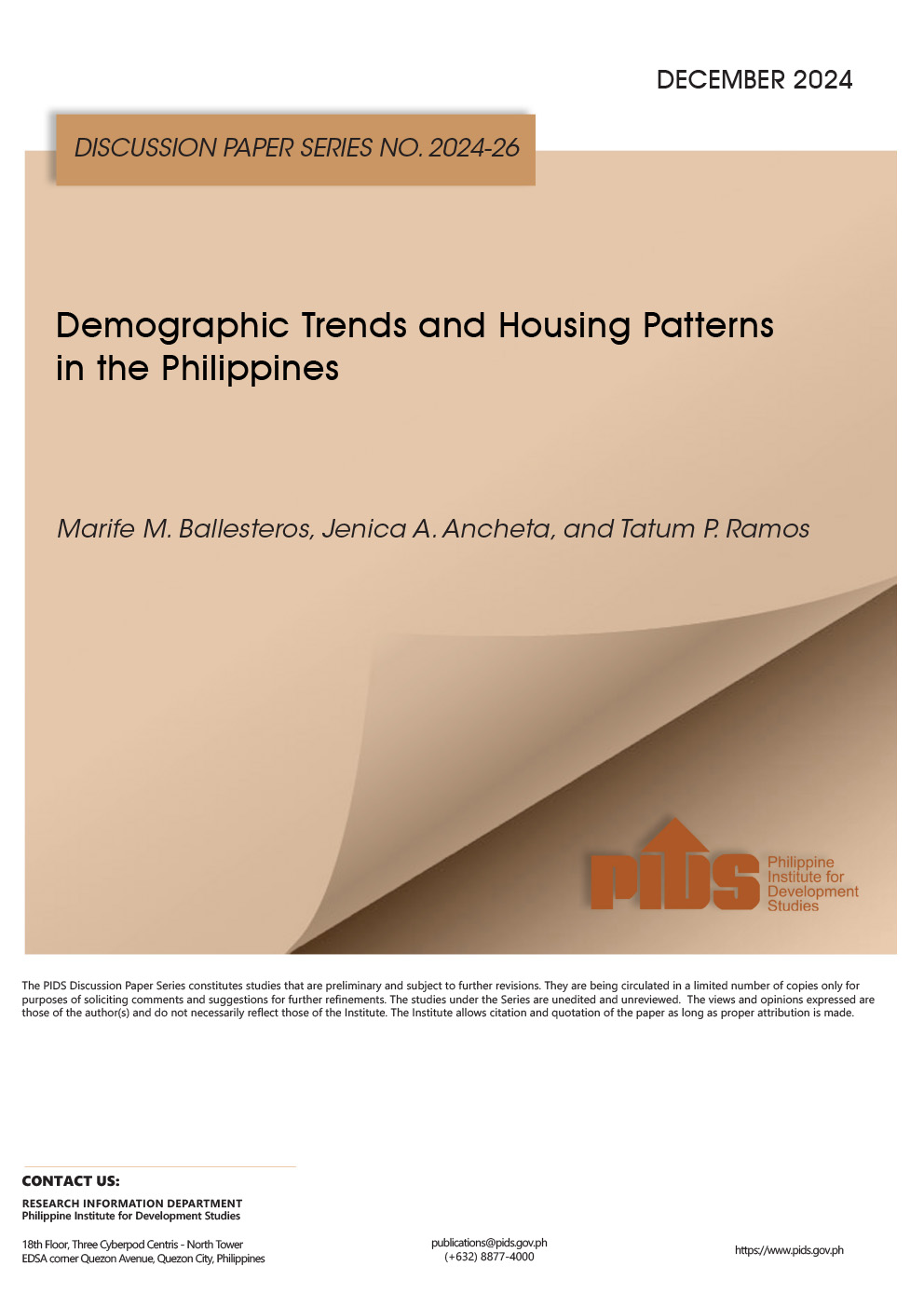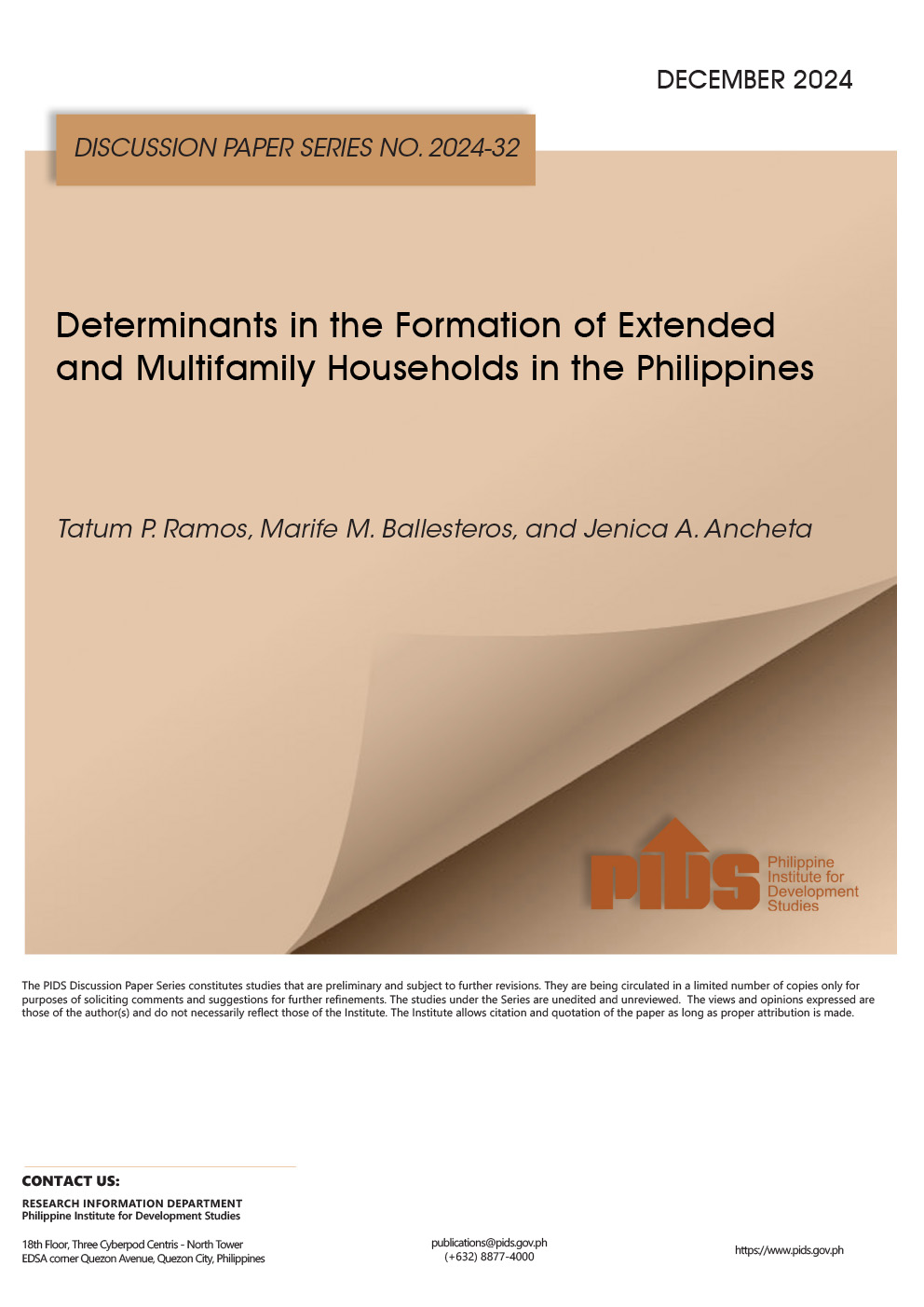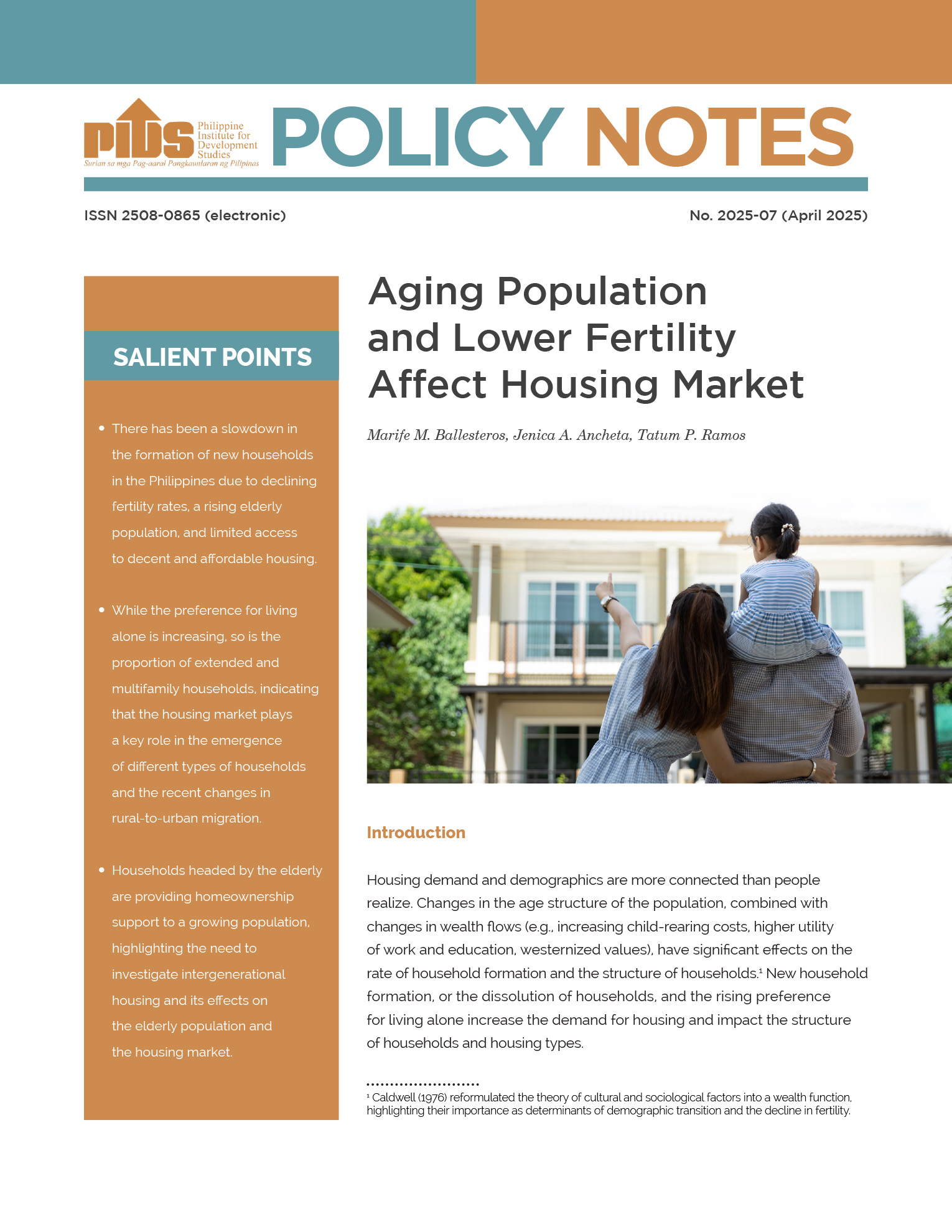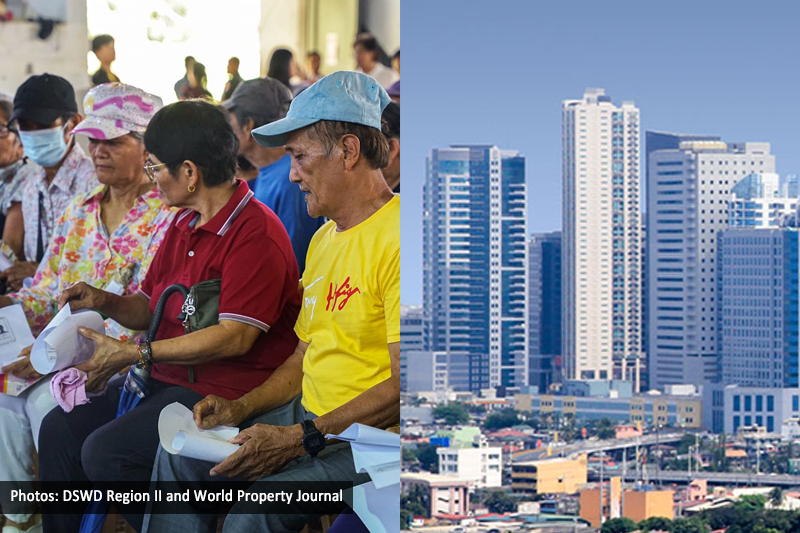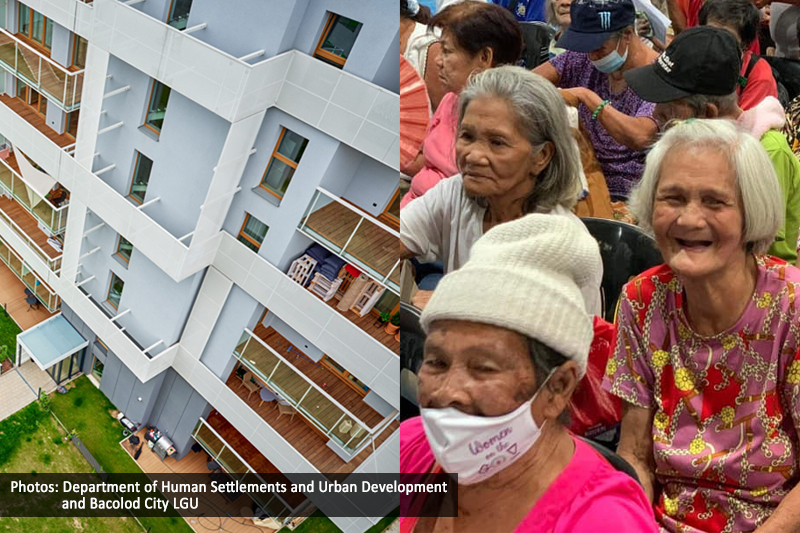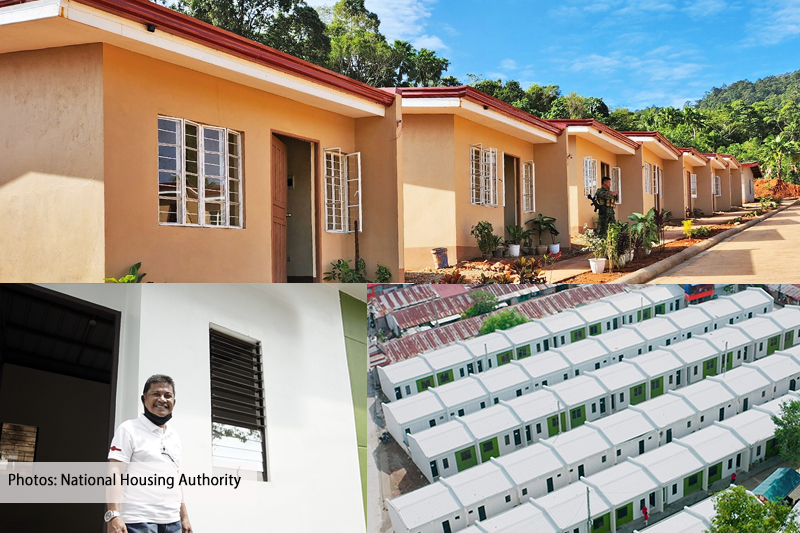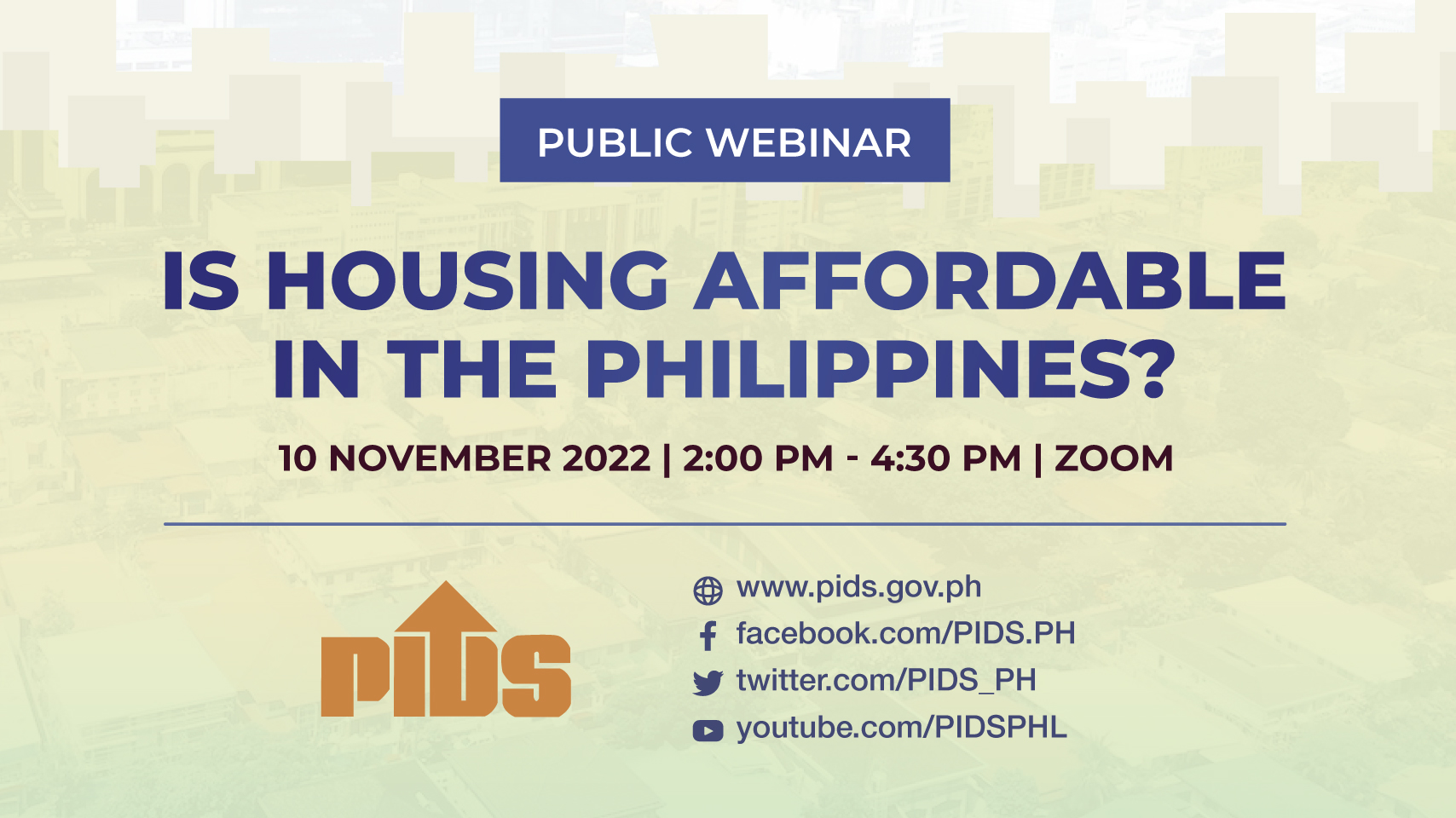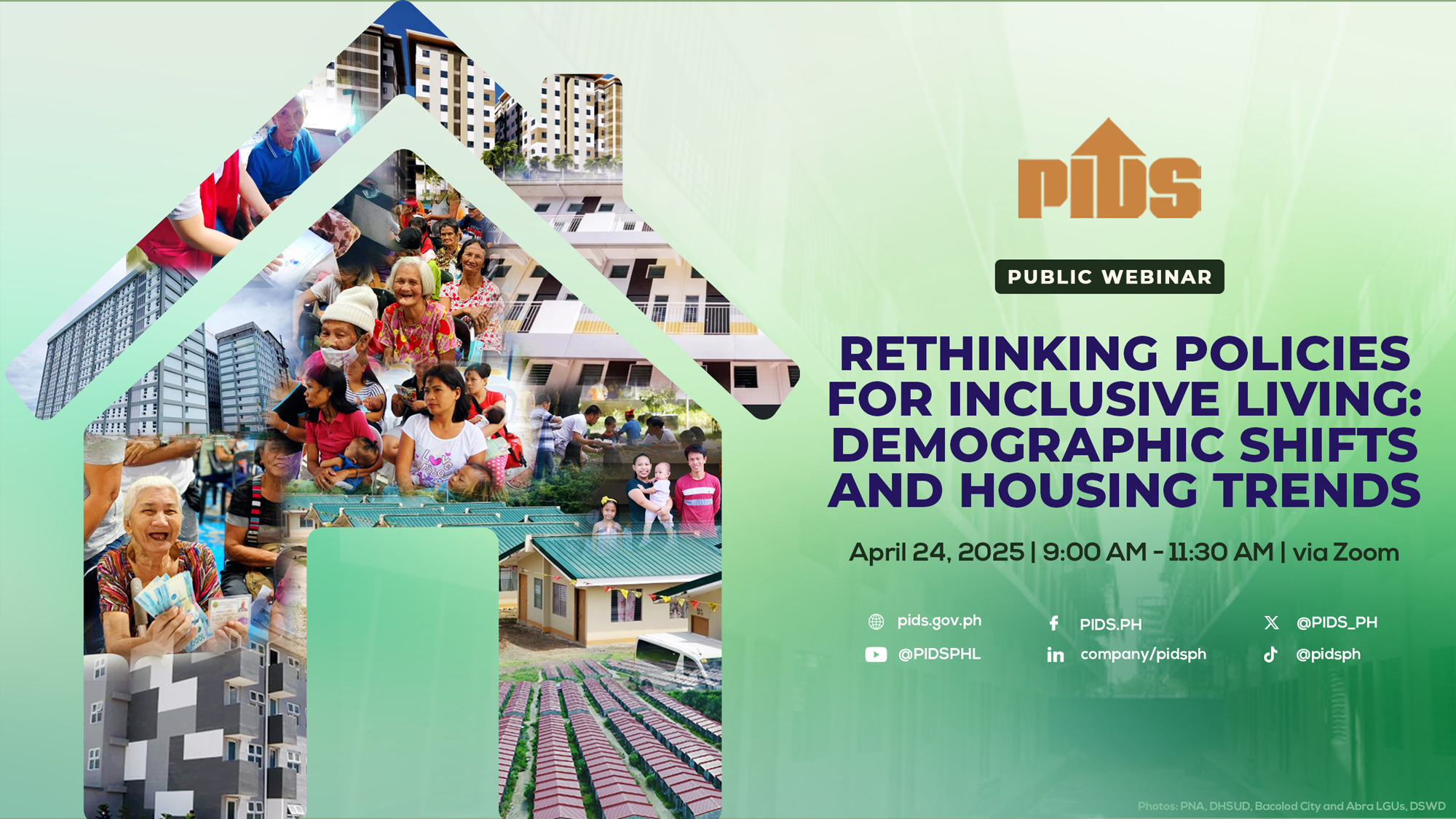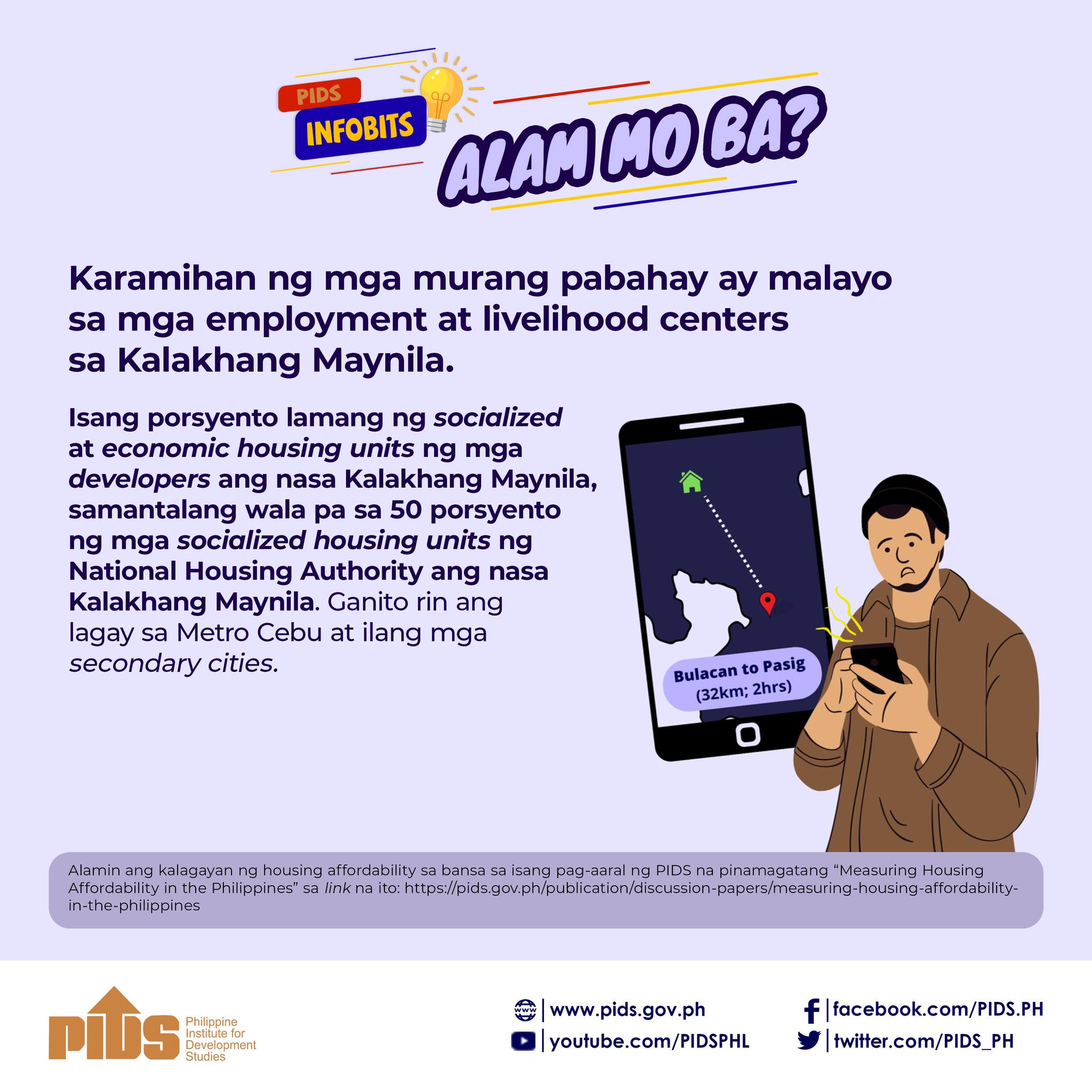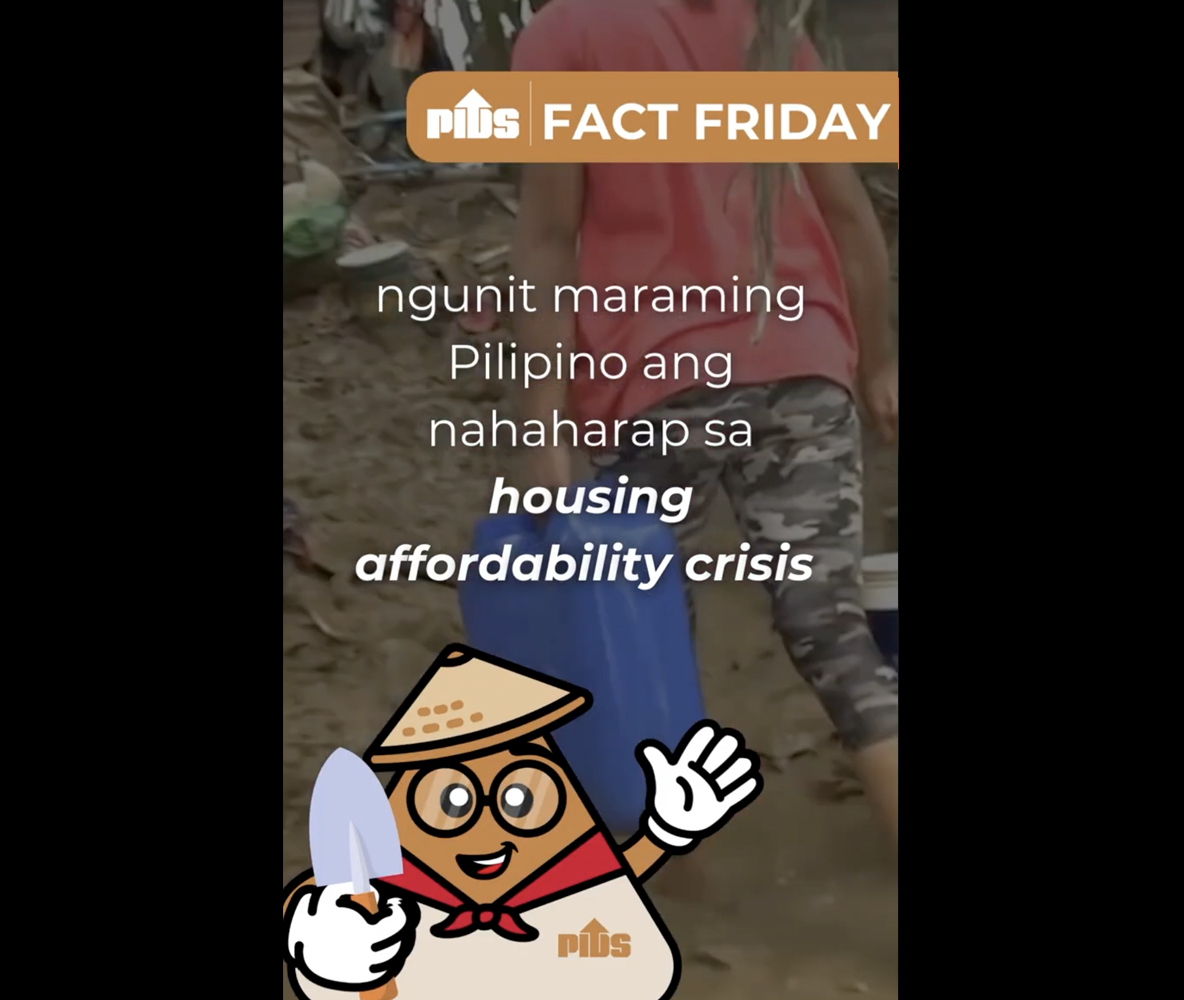ILOILO City is enjoying a windfall of housing projects, thanks to the city government’s dogged efforts to follow up proposals with concerned national government agencies, and its collaboration with private investors. The beneficiaries are primarily the poor and low-income families.
Strengthening collaborations and exploring novel solutions can help increase low-income and poor households’ access to affordable and sustainable housing. According to the state think-tank Philippine Institute for Development Studies, the widely used 30-percent price-to-income ratio is not a suitable standard measure of housing affordability in the Philippines. It is used in developed countries where there is a low poverty incidence and a significant proportion of middle-income families; that is not the case in the Philippines, however.
Based on Philippine Statistics Authority data, 47 percent of households have low income and 20 percent are economically vulnerable. And according to the Department of Human Settlements and Urban Development (DHSUD), the country has a 6.5-million housing backlog that could reach the 10-million mark in 2028.
From 2021 to June 2022, DHSUD produced 294,142 housing units, while the National Housing Authority provided housing assistance to 85,174 families.
Aside from socialized housing projects, DHSUD works closely with local government units (LGU) to develop a Local Shelter Planning (LSP) manual to guide them in responding to the housing demand.
LSP considers a municipality’s terrain, hazards, and resources, such as land, time, and funds to identify at-risk shelters, housing projects, and relocation sites in times of disaster. It is a valuable tool for planning and executing housing plans for any LGU.
Also, government subsidies such as land could be provided to make housing even more affordable for low-income households. But certainly, the national and local governments are free to explore new ways to address the housing gap. These could include shifting from housing ownership to long-term leases or rights, considering labor exchange as a form of payment for poor households, and streamlining the housing development permit application.
The bottom line is this – shelter is a basic human need. No country can progress if its people are homeless.

